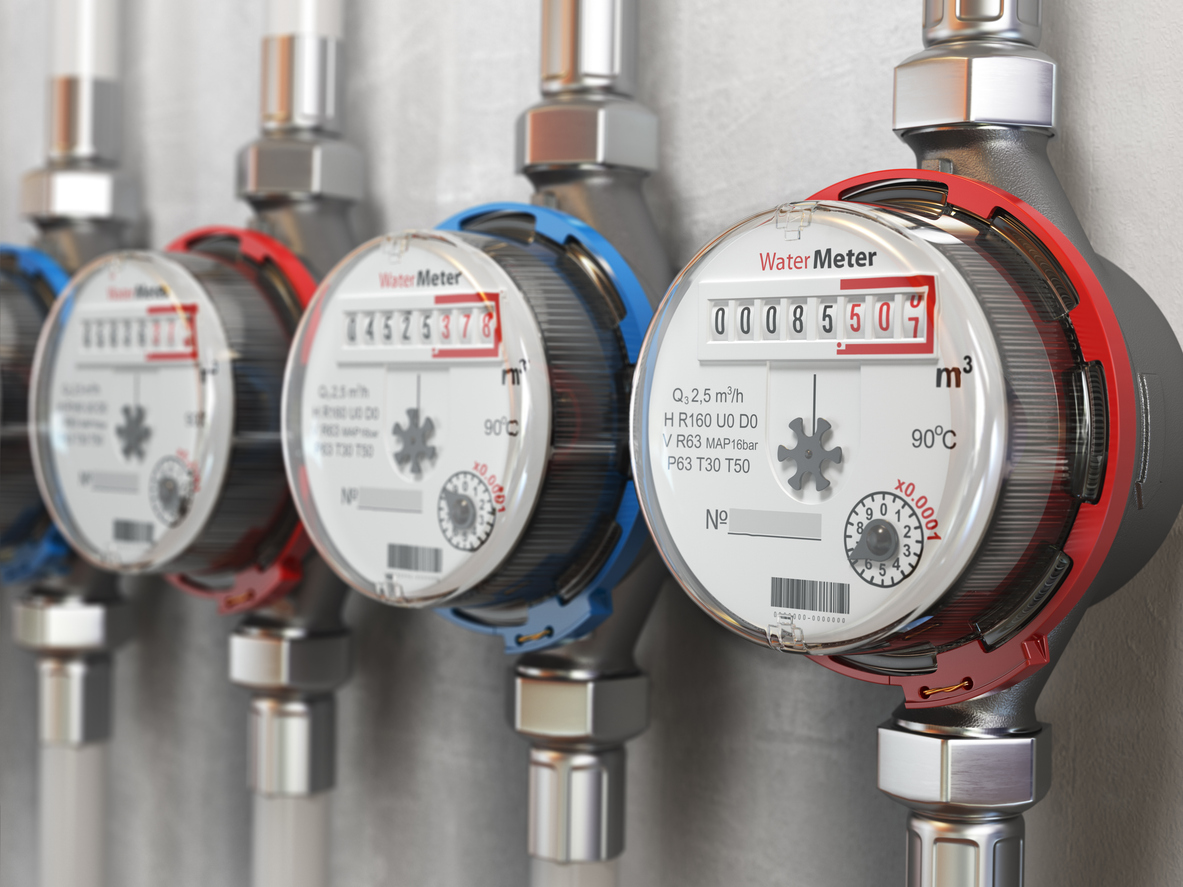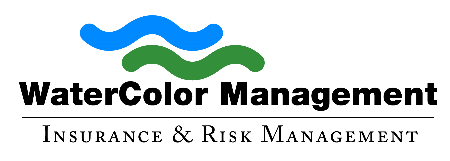
New water treatment trends are emerging this year, and your clients are doing what they can to stay ahead of the curve. Even though water occupies 70% of the planet, only 3% is fresh. With a growing global population, water treatment is more important than ever to provide clean drinking water.
What Is Water Treatment?
Treatment refers to processes that improve water quality. It involves removing contaminants and creating safe, clean water for drinking, cleaning, and growing.
Technology allows for systems to be implemented to prevent water-borne diseases. In addition to protecting against disease and contaminants, the treatment reintroduces water to nature’s water cycle. Facilities ensure water can safely return to rivers, lakes, and other bodies without introducing harmful substances to nature.
What Are the 5 Water Treatment Trends Emerging This Year?
Treatment plants collect, treat and distribute water. As technology advances, water systems technology does too. As you make your way through 2023 and into 2024, there are several trends you need to watch out for. Here are the top five upcoming trends.
Advanced Technology for Water Treatment
There is no guarantee in all parts of the world. Water scarcity is a growing issue across the globe. As water scarcity becomes a more significant issue, people require an advanced water treatment plan. Advanced systems recycle and purify wastewater.
Innovation in this area should continue to rise throughout 2023 and into 2024. Expect new membrane filtration technologies, nanotechnology-based water treatment systems, and advanced oxidation processes.
Smart Water Management Systems
Among the many trends, smart technology is infiltrating the industry. When it comes to water management systems, smart technology is a significant asset. Smart water management systems utilize data analytics, sensors, and machine learning algorithms to detect leaks, optimize processes and monitor water usage. With real-time data, the systems help water companies reduce water waste, improve quality, and lower energy consumption.
Analytics and Water Monitoring Tools
Data analytics and monitoring tools make tracking and managing water resources easier. Throughout the year, water treatment will focus more on advanced monitoring systems. Advanced systems may use AI-powered analytics and IoT sensors to collect and assess data. The most critical data types include water quality, infrastructure performance, and usage patterns. Utilizing analytics and monitoring tools allow for improvements in resource allocation and decision-making.
Water Sustainability Measures
Population growth and climate change have significantly impacted the global water resources. There is a strong need for more water resources.
One trend that may emerge this year will be developing more water reuse and recycling systems and water conservation plans. Given the impact of climate change, the water technology will focus on climate risk assessments. Expect to see increased investments from government industries and utilities.
Decentralized Systems
In the past, there was a higher focus on having one large centralized treatment plant and distribution network. However, as of 2023, you may see a push toward more decentralized water systems. Decentralized systems allow for smaller-scale water distribution in local areas. When using a decentralized system, there are fewer water losses, and the system tends to be more resilient against climate-related disasters.
Water Treatment Trends Can Alter Lives
All people require safe, clean drinking water. Water treatment strategies utilizing the latest technology can better the quality of life for people all over the globe.
About Watercolor Management
Watercolor Management has insured the water industry for over 30 years. Our policies include unlimited defense cost coverage in the event of a lawsuit against you. Call us at (855) 929-0824 or email info@watercolormanagement.com for a quick quote for your Water Business Professional, Products/Completed operations, Pollution and General Liability Insurance.




